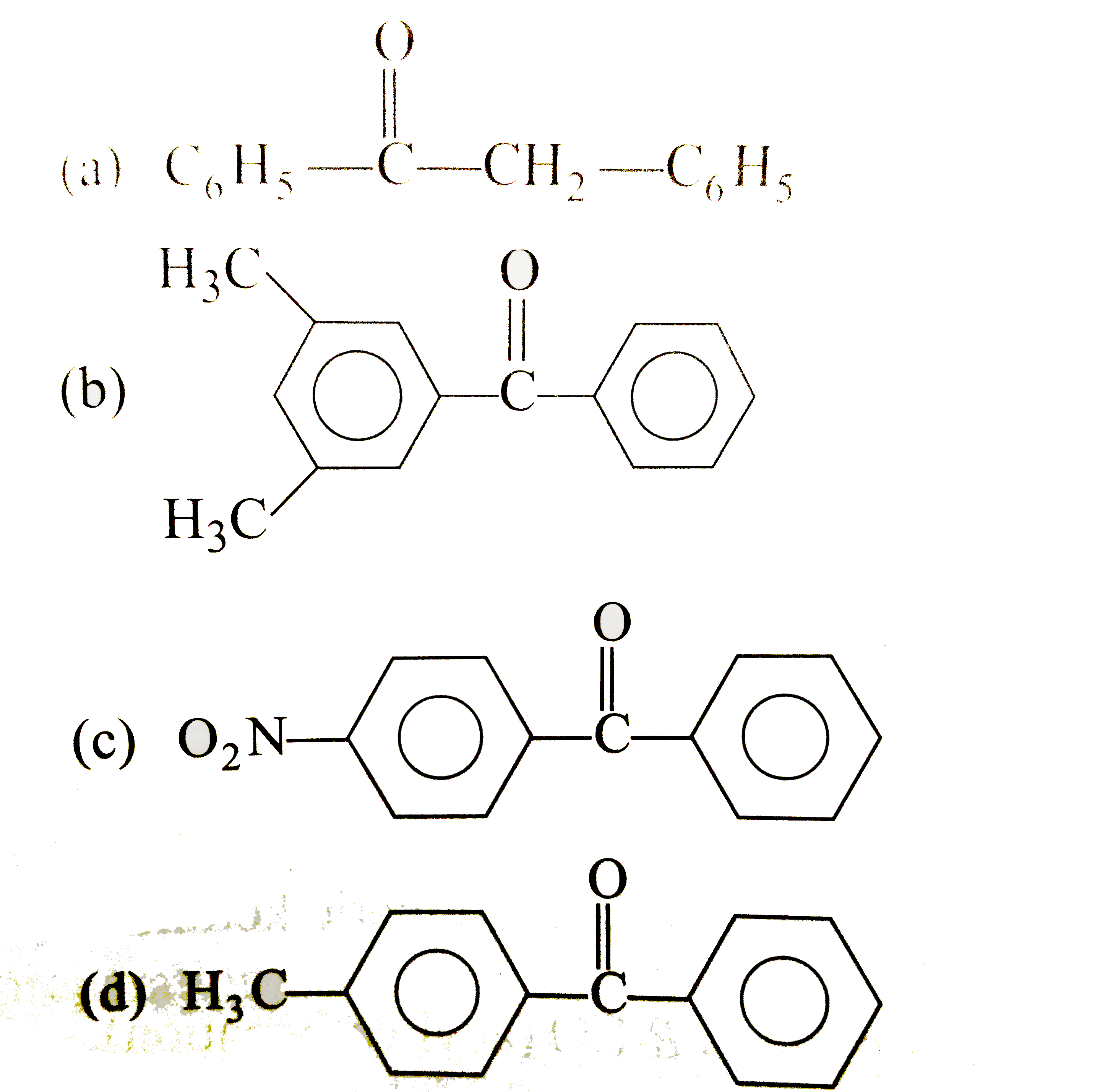Why acid anhydride arepreferred to acyl chloride for carrying out acylation reactions?
Acid anhydride are preferred to acyl chloride for carrying out acylation reactions.
Because (i) Easily available (ii) Cheap (iii) Easy to prepare (iv) Easily undergo acylation without irritating odours
Topper's Solved these Questions
- SAMPLE PAPER - 19 ( UNSOLVED)BOOK - FULL MARKSCHAPTER - SAMPLE PAPER - 19 ( UNSOLVED)EXERCISE - PART - III
4 Videos
- SAMPLE PAPER - 19 ( UNSOLVED)BOOK - FULL MARKSCHAPTER - SAMPLE PAPER - 19 ( UNSOLVED)EXERCISE - PART - IV
4 Videos
- SAMPLE PAPER - 19 ( UNSOLVED)BOOK - FULL MARKSCHAPTER - SAMPLE PAPER - 19 ( UNSOLVED)EXERCISE - PART - IV
4 Videos
- SAMPLE PAPER - 18 (UNSOLVED)BOOK - FULL MARKSCHAPTER - SAMPLE PAPER - 18 (UNSOLVED)EXERCISE - PART - IV
5 Videos
- SAMPLE PAPER - 20 (UNSOLVED)BOOK - FULL MARKSCHAPTER - SAMPLE PAPER - 20 (UNSOLVED)EXERCISE - PART - IV
1 Videos
Similar Questions
Knowledge Check
Which of the following amines undergo nucleophilic acylation reactions on treatment with acid chlorides or acid acylation reactions on treatment with acid chlorides or acid anhydrides to form substituted amides ? .
APrimary amines onlyBSecondary amines onlyCPrimary and secondary aminesDPrimary secondary and tertiary amines .Which of the following amines undergo acylation reaction ?
ACH3CH2NH2BC6H5NH2C(CH3CH2)2NHD(CH3)3NNitration of aniline is carried out after acylation because
AAcylation deactivates the −NH2 groupBOxidation can be preventedCo− " and " p- products are obtained in good yieldsDall the three
What combination of acyl chloride or acid anhydride and arene are choosen to prepare the following compounds ?

View SolutionAcyl halides are prepared by the action of _____on carboxylic acids.
View SolutionWhich of the following can be employed as a reagent for a freidel-crafts acylation reaction?
View SolutionWhich of the following can be used in Friedel Crafts acylation reactions ?
View SolutionWhich of the following reaction is /are correct regarding the preparation of ketone?
I treatement of acyl chlorides with dialkyl cadmium prepared by the reaction of cadmium chloride with grignard reagent gives ketone.
II when benzene or substituted benzene is treated with acid chloride in the presence of anhydrous aluminium chloride it gives the corresponding ketone this reaction is known as friedel craft acylation reaction.
III Treating a nitrile with grignard reagent followed by hydrolysis yields a ketone
select the correct option
View Solution
